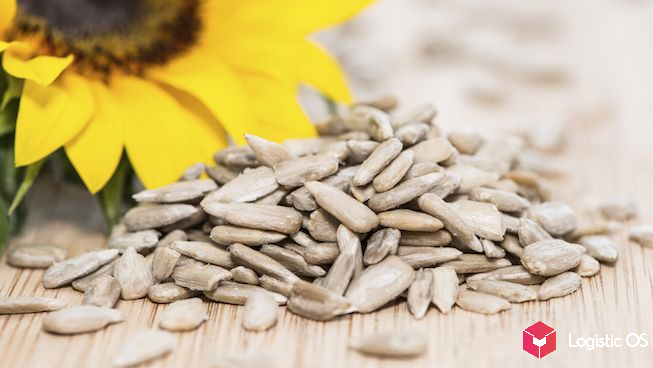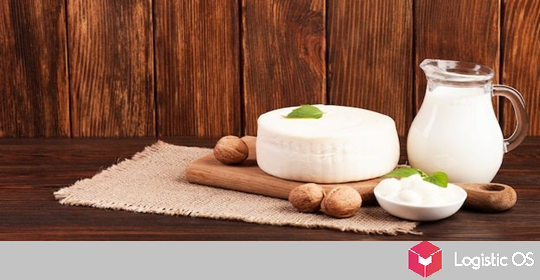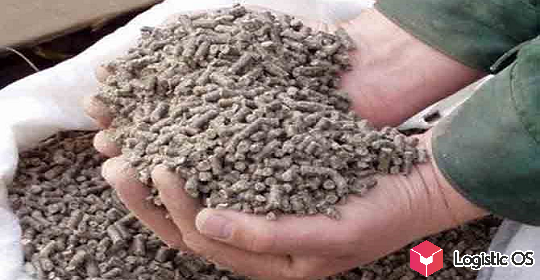Such duties are becoming an increasingly popular way for the Russian government to regulate agricultural exports, and oil producers fear that this may affect them as well.
In 2021, duties were already introduced on soybeans, sunflower and rapeseed (30%, at least 165 euros per ton). And since oil is made from sunflower, buttermakers are rightly worried that the duty may soon «fall» on them.
Moreover, the cost of sunflower oil in the world market is at an absolutely record level in its entire history.
At the moment, it is not yet valid: instead of it there is an agreement between buttermakers and retailers, according to which wholesale / retail prices for a liter of oil will not be higher than 95/110 rubles.
But, as Rusagro CEO Maxim Basov noted, there is every reason to expect the introduction of such a duty from the beginning of the new season (in September 2021).
Until then, most of the processing enterprises had stockpiled sunflower seeds. But what will happen next is difficult to predict.
Who will be hit hardest by the toll?
It would seem that the restrictions on the export of oil should hit the buttermakers the hardest.
But, as noted by Basov, oil-producing enterprises will continue to work even if duties are imposed.
Currently, a ton of sunflower costs about 47-54 thousand rubles (a record value in 200 years!), And a ton of oil for export — about $ 1650 (about 120 thousand rubles). That is, the revenue is more than double.
As for the size of the duty on oil, according to preliminary data, it may amount to 15% (at least 135 euros per ton). At the same time, buttermakers are interested not only in the size, but also in the mechanism for calculating this duty.
There is a high probability that the government will decide to make it «floating».
But whom the duties will really hit in the end is, according to Maxim Basov, sunflower producers. They have already been limited in exports by imposing a duty directly on sunflower seeds. If there is also a duty on oil, buttermakers will reduce the production volumes — and the demand on their part will decrease.

As a result, agricultural producers will simply sow less. And all these tariffs, which in the short term look like an excellent means of keeping prices down, can «go sideways» in the long run.
The only thing that causes optimism among buttermakers is that duties on sunflower should lead to lower prices for raw materials . But such a decrease can not be expected before the new harvest, since most enterprises, on the eve of the introduction of duties, sold everything they could, and this created a certain deficit on the market.

